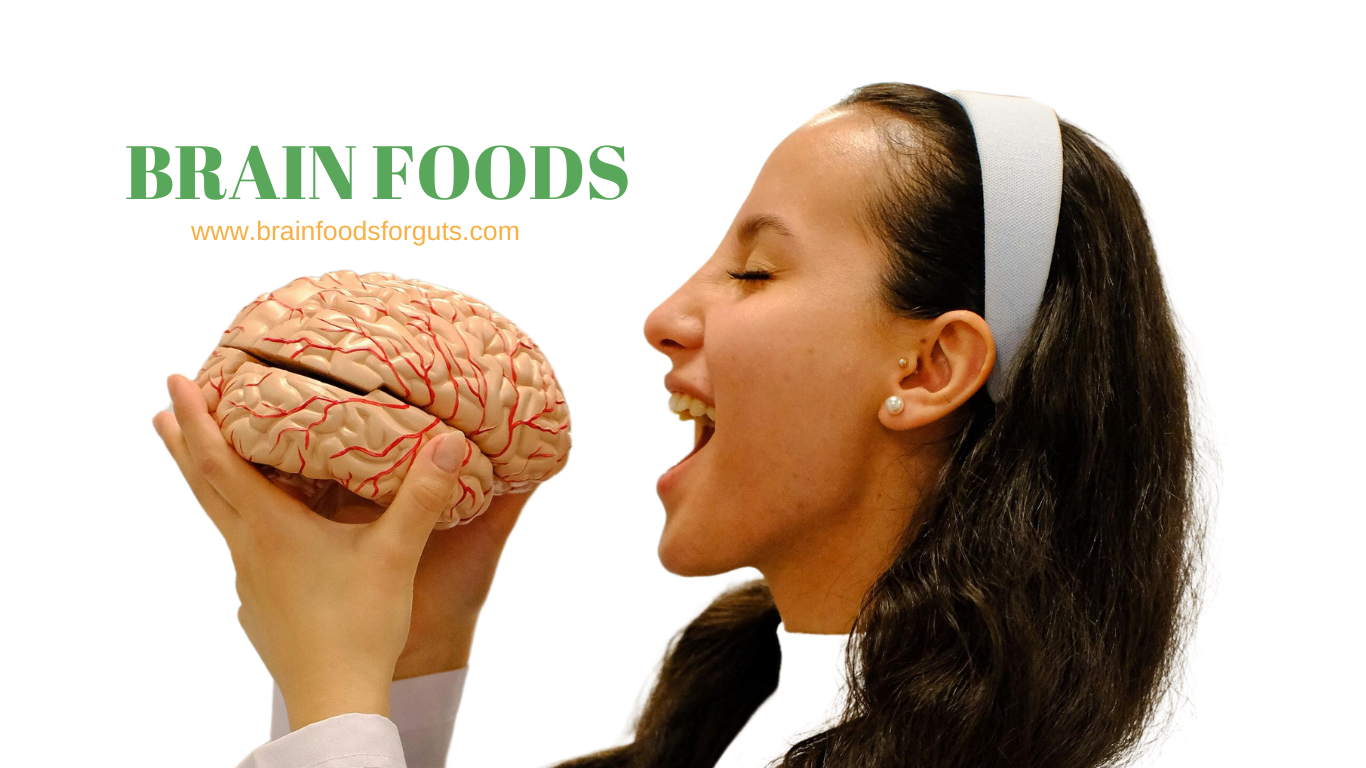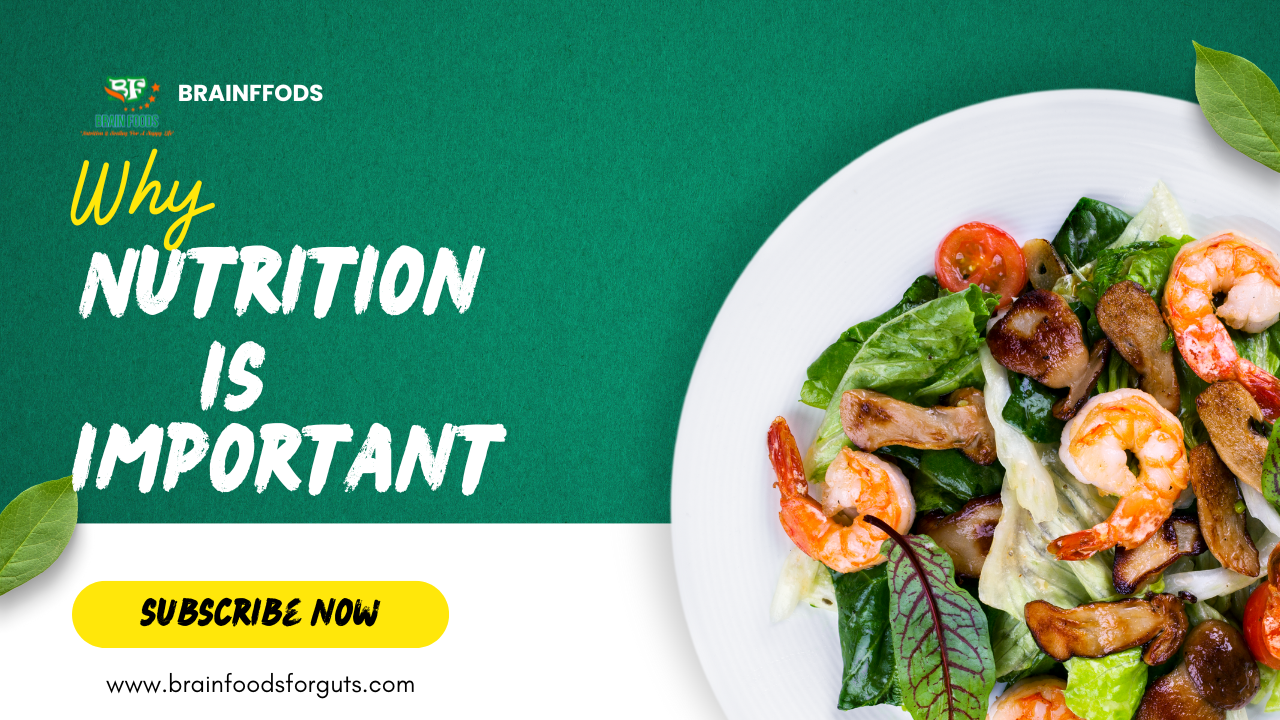
Brain Food
Discover how nutrition for neurodivergent minds and specific brain foods can support neurodivergent individuals. Learn about essential nutrients, practical meal planning tips, and a holistic approach to nutrition for improved cognitive function and well-being. Nurturing mental well-being is crucial, especially for neurodivergent individuals. As a holistic nutritionist, I’ve seen firsthand how the right foods can influence mood, focus, and overall brain health. This article explores the science behind “brain foods,” essential nutrients for neurodivergent minds, and practical strategies for incorporating them into daily life. Learn how a holistic nutrition approach can optimise brain function, reduce stress, and support overall well-being.
Understanding Neurodiversity and Brain Health
Neurodiversity encompasses variations in the human brain, including ADHD, autism, dyslexia, and more. Many neurodivergent individuals experience challenges like sensory overload, difficulty concentrating, and emotional regulation. Recent research highlights that dietary choices can have a profound impact on neurological health. Diet plays a significant role in neurological health, and a nutrient-rich diet can significantly impact these challenges.
The Science Behind Brain Foods: How Nutrition Influences Cognitive Function
Our brains require consistent energy and nutrients. Key nutrients like omega-3s, antioxidants, and complex carbohydrates are vital for neurotransmitter production, inflammation reduction, and cellular repair. A diet rich in these elements can improve concentration, memory, and emotional regulation.
The Role of Inflammation in Neurodivergence
Chronic inflammation is often linked to neurological conditions. Antioxidant-rich foods and omega-3 fatty acids help combat inflammation and oxidative stress in the brain, supporting neuroplasticity—the brain’s ability to adapt and rewire itself.
Essential Nutrients for Neurodivergent Minds:
-
Omega-3 Fatty Acids:
(Salmon, mackerel, sardines, walnuts, flaxseeds, chia seeds): Support cell membrane health, reduce inflammation, and enhance neural communication.
-
Antioxidants:
(Berries, leafy greens, dark chocolate, nuts, seeds): Protect brain cells from damage and maintain cognitive function.
-
Complex Carbohydrates & Fibre:
Whole grains, legumes, fruits, and vegetables provide a steady glucose release for brain energy and support gut health, which is linked to mental well-being.
-
Protein & amino acids:
(Lean meats, tofu, quinoa, beans, and lentils): essential for neurotransmitter production (dopamine, serotonin), which regulates mood and cognitive functions.
Crafting a Holistic Diet for Neurodivergent Individuals:
A holistic approach involves creating a balanced lifestyle that supports brain health.
-
Variety and Balance:
A colourful plate ensures a wide range of antioxidants and vitamins.
-
Mindful Fats:
Include healthy fats (olive oil, avocado) for nutrient absorption and brain structure.
-
Hydration:
Essential for cognitive performance. Try herbal teas or infused water.
Tailoring to Sensory Needs:
-
Experiment with Textures:
Offer a variety of textures (crunchy, smooth, soft).
-
Engage the Senses:
Use vibrant, appealing ingredients.
-
Involve in Meal Prep:
Empower individuals by including them in meal planning and preparation.
Practical Meal Planning Tips in Nutrition for Neurodivergent Minds
-
Weekly Meal Planning:
Create a menu with lean proteins, complex carbs, and healthy fats.
-
Batch Cooking:
Prepare large portions of staples like quinoa or roasted vegetables.
-
Smart Snacking:
Stock up on brain-boosting snacks (nuts, yoghurt with berries, homemade energy bars).
Sample Recipe: Omega-3 Rich Salad
- Mixed greens
- Grilled salmon or plant-based alternative
- Avocado slices
- Walnuts or chia seeds
- Berries
- Olive oil and lemon vinaigrette
Nutrition for Neurodivergent Minds: Embracing a Holistic Lifestyle
Brain foods are part of a larger picture that includes mindful eating, physical activity, and stress management. Regular exercise, sleep, and mindfulness further support brain health.
The Role of Community and Support in Nutrition for Neurodivergent Minds
Sharing recipes, joining workshops, and connecting with a holistic nutritionist can provide valuable support.
Complementary Approaches to Nutrition for the Neurodivergent Mind
Nourishing the neurodivergent mind goes beyond just the food on our plates. While a nutrient-rich diet is foundational, several complementary approaches can further support brain health and overall well-being. Integrating these practices can create a holistic strategy for thriving.
1. The Gut-Brain Connection: Nurturing Your Inner Ecosystem
The gut and the brain are intricately connected through a complex network of nerves, hormones, and chemical messengers. A healthy gut microbiome, the community of microorganisms living in our digestive system, plays a crucial role in neurotransmitter production, inflammation regulation, and even mental well-being. Imbalances in the gut microbiome, such as leaky gut or dysbiosis, can potentially contribute to challenges faced by neurodivergent individuals.
-
How to Support Your Gut:
Focus on a diet rich in prebiotics (found in foods like onions, garlic, and bananas), probiotics (found in fermented foods like yogurt, kefir, and sauerkraut), and fiber (from fruits, vegetables, and whole grains). These elements nourish beneficial gut bacteria and promote a healthy gut environment, which in turn supports brain function.
2. Mindfulness and Mindful Eating: Cultivating a Healthy Relationship with Food
Mindful eating involves paying close attention to your body’s hunger and fullness cues, savoring each bite, and eating without distractions. This practice can be especially beneficial for neurodivergent individuals who may experience sensory sensitivities or difficulties with emotional regulation around food. Mindful eating can help individuals develop a more positive relationship with food, reduce stress related to eating, and make healthier choices.
-
How to Practice Mindful Eating:
Find a quiet space to eat. Take a few deep breaths before starting your meal. Pay attention to the taste, texture, and smell of your food. Eat slowly and without distractions (no phones, TV, or books). Notice when you start to feel full and stop eating, even if there’s food left on your plate.
3. Stress Management Techniques: Calming the Mind, Supporting the Brain
Stress can significantly impact brain function and can exacerbate challenges faced by neurodivergent individuals. Chronic stress can disrupt neurotransmitter balance, increase inflammation, and impair cognitive abilities. Incorporating stress management techniques into your daily routine is essential for supporting brain health.
-
Effective Stress Management Practices:
Explore techniques like deep breathing exercises, meditation, yoga, tai chi, or spending time in nature. Find what works best for you and make it a regular part of your self-care routine.
4. Sleep Hygiene: Recharging Your Brain Overnight
Quality sleep is crucial for cognitive function, emotional regulation, and overall health. During sleep, the brain consolidates memories, clears out toxins, and recharges for the day ahead. Neurodivergent individuals may be more prone to sleep disturbances, so prioritizing sleep hygiene is essential.
-
Tips for Better Sleep:
Establish a regular sleep schedule, going to bed and waking up around the same time each day, even on weekends. Create a relaxing bedtime routine, such as taking a warm bath, reading a book, or listening to calming music. Optimize your sleep environment by making sure your bedroom is dark, quiet, and cool. Neurodivergent individuals with who have sensory needs may use weighted blankets for better sleep experience.
5. Sensory Considerations and Mealtime Strategies: Creating a Positive Eating Experience
Many neurodivergent individuals experience sensory sensitivities that can significantly impact their eating habits. Certain textures, smells, or even the presentation of food can be overwhelming or off-putting. Creating a positive and supportive mealtime environment is crucial.
-
Practical Tips for Sensory Considerations:

Appealing and Attractive meal presentation
Offer a variety of textures at each meal. Be mindful of strong smells. Present food in an appealing way, but avoid overstimulation. Minimize distractions during mealtimes. Involve individuals in meal planning and preparation to give them a sense of control.
- 6. Movement and Exercise: Fueling the Brain Through Physical Activity
Regular physical activity is not just good for the body; it’s also fantastic for the brain. Exercise promotes blood flow to the brain, stimulates the release of neurotrophic factors (which support brain cell growth and survival), and can improve mood and reduce stress.
-
Finding Your Movement:
Find forms of movement that you enjoy, whether it’s walking, dancing, swimming, cycling, or something else entirely. Aim for at least 30 minutes of moderate-intensity exercise most days of the week. Alternatively, detoxification protocals like sauna baths can be applied to encourage sweating and toxicant removal.
7. Working with a Healthcare Professional: Personalised Support for Your Unique Needs
While these complementary approaches can be incredibly beneficial, it’s essential to remember that everyone’s needs are unique. Consulting with a healthcare professional, such as a registered dietitian, nutritionist, therapist, or other specialist, can provide personalised advice and support tailored to your specific circumstances. They can help you create a comprehensive plan that addresses your individual challenges and maximizes your well-being.
Conclusion: Nourish Your Brain, Empower Your Life through Nutrition for Neurodivergent Minds
A holistic approach to nutrition is a powerful way to support neurodivergent minds. Prioritising brain foods, managing inflammation, and tailoring meals to sensory preferences can improve cognitive function and emotional well-being.
Join the Conversation about Nutrition for Neurodivergent Minds
Have you noticed a difference in your mood or focus when incorporating brain-boosting foods into your diet? What are your go-to recipes or tips for maintaining a balanced, holistic diet? Share your experiences in the comments below, and let’s build a community centred on wellness, support, and proactive health. Share your experiences and tips in the comments!
For personalised advice on holistic nutrition and meal planning, feel free to reach out for a consultation. Together, we can unlock the full potential of your brain and embrace a healthier, happier life.
Keywords:
Brain foods, neurodivergent, neurodiversity, ADHD, autism, dyslexia, cognitive function, mental well-being, holistic nutrition, omega-3 fatty acids, antioxidants, inflammation, gut health, meal planning, sensory needs, brain health, nutrition for neurodiversity, neurodivergent diet, support for neurodiversity, healthy fats, complex carbohydrates, protein, amino acids.



